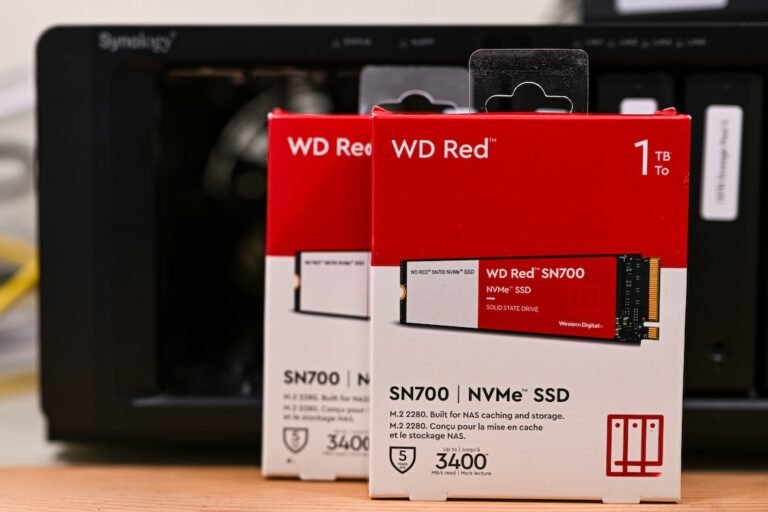Introduction
In today’s digital age, safeguarding your online privacy has become increasingly important. With the rise of online tracking, data collection, and surveillance, it is crucial to take proactive measures to protect your personal information. One effective tool for achieving this is a Virtual Private Network (VPN). In this article, we will explore how you can use a VPN to avoid tracking and enhance your privacy online.
Avoid Tracking with VPN: Protecting Your Identity
One of the primary reasons to use a VPN is to protect your identity online. When you connect to the internet without a VPN, your activities are often logged by your Internet Service Provider (ISP) and can be tracked by various entities. This includes your browsing history, search queries, and the websites you visit.
By using a VPN, you create a secure and encrypted connection between your device and the VPN server. This masks your IP address, making it appear as if you are connecting from a different location. This helps to protect your identity and prevent tracking by hiding your true location and identity.
VPN for Preventing Surveillance and Data Collection
Online surveillance and data collection have become pervasive in today’s digital landscape. Governments, corporations, and even hackers can track your online activities, monitor your communications, and collect your personal information. This intrusion on privacy can be prevented by using a VPN.
When you connect to a VPN, all your internet traffic is encrypted and routed through the VPN server. This prevents others from monitoring your activities and accessing your data. With a VPN, your online communications become highly secure, ensuring that your conversations, emails, and other sensitive information remain private.
VPN for Ad Tracking and Hiding IP Address
Ad tracking has become a common practice on the internet. Advertisers use cookies to track your online behavior, gather information about your interests, and serve targeted ads. This continuous tracking can feel invasive and compromise your privacy.
By using a VPN, you can hide your IP address and prevent ad tracking. VPNs mask your IP address by replacing it with the IP address of the VPN server you are connected to. This makes it difficult for advertisers to track your activities and serve targeted ads based on your browsing behavior.
Additionally, by changing your IP address, you can also access region-restricted content. This is particularly useful when streaming or gaming, as it allows you to bypass geo-blocking and access content that may be blocked in your location.
VPN: A Tool for Privacy-conscious Travelers
If you are an avid traveler and frequently connect to public Wi-Fi networks, using a VPN is even more crucial. Public Wi-Fi networks are often unsecured, meaning that your online activities can be easily intercepted by hackers.
By connecting to a VPN while using public Wi-Fi, you add an extra layer of security. A VPN encrypts your internet traffic, making it nearly impossible for hackers to intercept and decipher your data. This protects your personal information, such as passwords, credit card details, and other sensitive data, from falling into the wrong hands.
VPN for Businesses and Professionals
VPNs are not only beneficial for individual users but also for businesses and professionals. With the increasing amount of remote work and the need for secure connections, VPNs have become an integral tool in maintaining privacy and data security.
Businesses can use VPNs to create a secure network for their employees. This enables remote workers to access company resources securely and encrypts any data transmitted between the employee’s device and the company’s network. VPNs are especially valuable when handling sensitive data or conducting confidential business communications.
Conclusion
Maintaining your privacy and preventing tracking online has become more critical than ever. Using a VPN offers a practical solution to protect your identity, prevent surveillance, and safeguard your personal information. By encrypting your internet traffic and masking your IP address, a VPN creates a secure connection that keeps your online activities private.
Remember, when choosing a VPN provider, consider factors such as the provider’s privacy policy, server locations, speed, and user-friendly interface. A reliable and reputable VPN service is essential in ensuring an optimal and secure online experience.
FAQ
| Question | Answer |
|---|---|
| What is a VPN? | A VPN, or Virtual Private Network, is a tool that allows you to create a secure and encrypted connection between your device and the internet, protecting your privacy and enhancing your security. |
| Can I use a free VPN service? | While free VPN services do exist, they often come with limitations and may compromise your privacy and security. It is recommended to choose a reputable paid VPN service for optimal protection. |
| Will a VPN slow down my internet speed? | Using a VPN may result in a slight decrease in internet speed due to the encryption and routing processes. However, with a reliable VPN service, the impact on speed is generally minimal. |
| Can I use a VPN for torrenting? | Yes, many VPN providers offer specialized servers for torrenting, allowing you to download and share files securely and anonymously. It is important to select a VPN that supports P2P file sharing. |
| Are VPN services legal? | VPN services are legal in most countries. However, it is important to check the local laws and regulations regarding VPN usage, especially if you are traveling to or residing in a restricted region. |
Further Reading
Here are some external resources for further reading on the subject:
| Title | Website |
|---|---|
| Does VPN Protect Your Online Privacy? | Does VPN Protect Your Online Privacy? |
| What’s the Difference Between a Proxy and a VPN? | What’s the Difference Between a Proxy and a VPN? |
Please note that the above resources are external websites and may require further verification for current information and recommendations.




